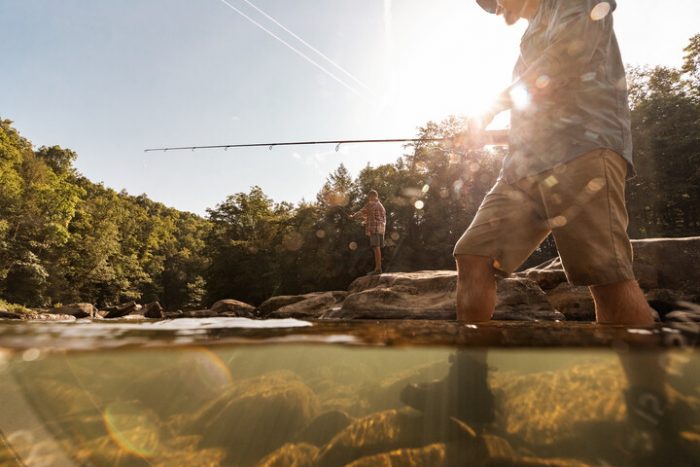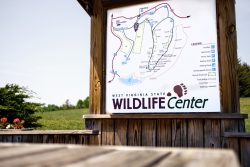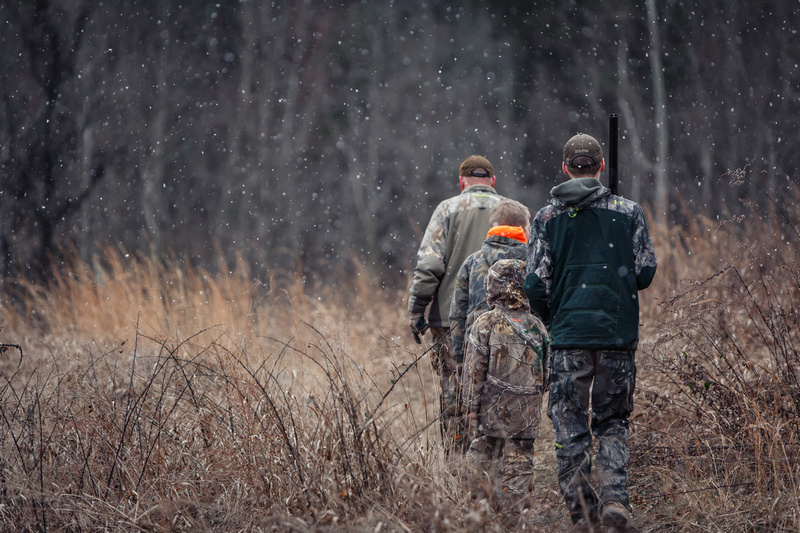If you’re like most successful hunters, you’d like to pack your freezer full of tasty wild game to cook throughout the year and supplement what you buy at the grocery store. So how can you make the most of your harvest?
Tips for processing and storing wild game
Processing Wild Game
From the field to the cutting board, always wear disposable gloves, as this will create a sanitary barrier that will help keep you clean while also preventing contamination of wild game. You should always use a clean, sharp knife. A dull knife is less likely to yield properly trimmed cuts of meat for the grill, slow cooker or freezer. In many cases, it also will force the handler to provide more physical exertion that may increase the chance of injury.
When processing a deer, for example, be sure to remove all hair from the meat after the hide has been removed. When making cuts, try to follow contour lines of muscle groups (especially on hindquarters and tenderloins) if your goal is to have more steaks, roasts, fillets and similar yields. Other areas (neck, shoulders) often provide better opportunities for ground meat that can be used for burgers and similar options.
Be sure to trim as much fat as possible from the meat prior to consumption or storage. Wild game has less fat than commercial meats like beef and pork, making it a healthier source of protein. Additionally, in contrast to the flavor that fat can add to beef and other meats, the fat in wild game typically doesn’t have the same flavor enhancing qualities and should be trimmed away from the meat as much as possible. The lean attribute of wild game often is what makes it highly appealing and healthy. For example, venison contains fewer calories and approximately five times less fat than an equivalent serving of beef. Many other sources of wild game also follow this nutritional trend.
Storing Wild Game
For all wild game that will be stored for longer durations, vacuum sealing is likely the best method to ensure the meat (and its taste) will persist in the freezer. If you decide to wrap wild game for freezing, consider first tightly wrapping the meat in plastic wrap, and follow with an airtight layer of freezer paper. These steps should help provide an ample supply of burgers, steaks, tenderloins and other delicious forms of wild game for months to come, or at least until it’s time to return afield.
How to help your neighbor
Hunters and their families are not the only ones who benefit from the state’s abundant supply of nutritious wild game. The DNR-sponsored Hunters Helping the Hungry (HHH) program provides deer for those in need. Generous hunters, meat processors and foodbanks across the state have donated, processed and distributed more than one million pounds of venison since the program started in 1992. When combined with other meal items, the venison from an average adult deer will help to provide approximately 142 meals, making this a worthwhile and far-reaching program to West Virginians in need.




